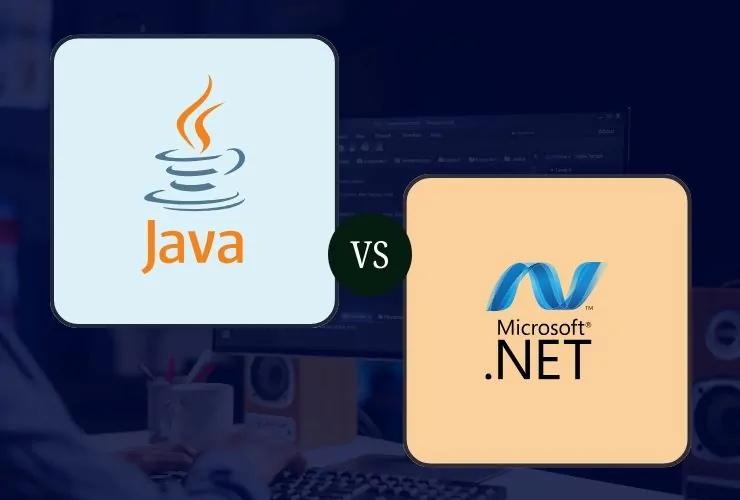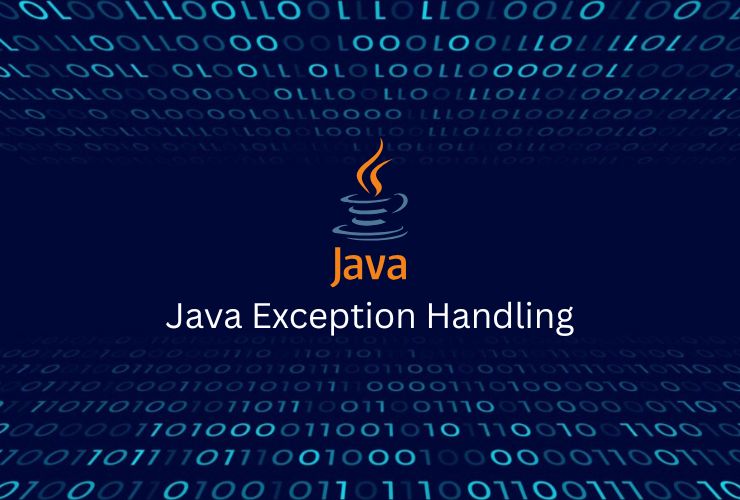In the rapidly evolving field of technology, programming languages tend to shift in and out of existence. However, there has been one language that has withstood the test of time and continued to be applicable for developers of software over the last two decades, and that language is Java.
As the core of enterprise applications, building scalable web platforms and mobile applications, Java has been proven reliable and applicable in 2025. In particular, the independence and reliability of Java has made it the programming language of choice among startups, SMEs, and global enterprises.
In this post, we’re going to discuss the reasons Java continues to be one of the most popular programming languages in the world.
1. Platform Independence: “Write Once, Run Anywhere”
Historically, perhaps the biggest strength of Java has been its platform independence. Programs compiled in Java run on any system that has the Java Virtual Machine (JVM), whether you run it on Windows, Linux, or macOS.
This independence can decrease development costs and allow businesses to engage users on different systems without re-writing application code.
2. A Mature and Stable Ecosystem
Since Java has been around since the mid-90s, it has built a mature ecosystem of libraries, frameworks, and tools. Whether you’re building microservices with Spring Boot, using Hibernate for ORM, or using Apache Maven or Gradle for automation, developers have an entire toolbox of resources at their disposal to accelerate their delivery.
3. Enterprise-Grade Security
Java, as a programming language, is fundamentally built with security in mind. Below are just some of the features Java provides to build secure enterprise-level applications:
Byte code verification, access control, and included APIs for encryption and authentication are just a few features of Java security.
This is why many financial services, healthcare, and governmental industries that must comply with security protocols to protect your data, often choose Java.
4. Enterprise Scalability for Modern Applications
Java is sure to scale to any application, from a small solution to an enterprise-level public or private distributed system, without sacrificing performance-efficiency. With performance-efficent languages combined with the frameworks such as Spring Boot and Jakarta EE, Java is specifically geared toward cloud-native and microservice-based systems.
Most enterprises have their… mission-critical applications written in Java, designed to handle hundreds, thousands, or millions of users simultaneously.
5. Strong Community and Long-Term Support
Among Java’s many benefits is one of the biggest developer communities in the world. With millions of developers working in the Java landscape, there is a network of community support and many resources, library projects, and framework projects that promote innovation.
With long-term support by Oracle and the OpenJDK community, Java will consistently provide support and regular updates to stay modern, relevant and future-proof.
6. Versatility across use cases
The versatility of Java is what makes it one of the most versatile programming languages to this day. It is widely used at this point across the board with numerous use cases, such as:
- Web Development (Spring, JSF, Struts)
- Mobile Applications (especially Android)
- Cloud Applications (AWS, Azure, Google Cloud integrations)
- Enterprise Software (like ERP, CRM, and banking systems)
- Big Data and Analytics (Hadoop, Apache Spark integrations)
- IoT Solutions
This collective adoption gives businesses a lot of confidence that they can use Java for various digital transformation efforts.
7. Performance and efficiency
Sure, newer languages can promise better performance and workers, but Java’s Just-in-Time (JIT) compiler, and JVM optimizations deliver reliable performance when processing enterprise-grade workloads. When properly tuned, Java applications can be more stable performers with comparable throughout.
8. Awesome development & coding tools
As a developer, if you’re writing in Java you are surely taking advantage of awesome development environments like IntelliJ IDEA, Eclipse, and NetBeans. These tools are critical for productivity, debugging, and code management, especially for complex large enterprise projects.
9. Cloud and microservices ready
As cloud-native solutions have been, and continue to be developed, Java, will always be among the top contenders for microservices architecture. When combined with frameworks like Spring Boot, and Micronaut, businesses can build resilient, container based applications that can easily integrate with Docker, Kubernetes, and CI/CD products.
10. Future-Ready with Ongoing Innovation
Java is alive! The programming language is still being updated regularly to include new language features, performance improvements, and security enhancements. With Java 21 LTS (Long-Term Support), it is clear that Java meets the challenges of modern development and remains a contender with newer languages, adapting accordingly.
Takeaways
In 2025, Java is more than just a programming language, it is a platform for enterprise innovation! Java is scalable, secure, and platform-independent; from this perspective, it is an enterprise technology businesses can rely on for their mission-critical applications.
At Empirical Edge, we offer end-to-end Java development services. From cloud-native applications to modernization of legacy systems or integration to enterprise platforms, our Java consultants have the experience to provide the deliverables that align with your business objectives.
Whether you are a startup ready to deliver a product or enterprise business with critical systems you need to scale, you can rely on our Java expertise to get you there with assurance of reliability, security, and performance.
Build Future-Ready Applications with Java Expertise
Harness the power of Java to create secure, scalable, and high-performance software. Empirical Edge helps businesses design, modernize, and optimize Java applications tailored for long-term growth.
Frequently Asked Questions
Java remains popular due to its platform independence, strong ecosystem, and ability to power everything from enterprise systems to mobile and cloud applications.
Yes. Its reliability, scalability, and long-term support make it a top choice for enterprise-grade systems that demand stability and high performance.
Java integrates well with cloud-native architectures and microservices, helping businesses build flexible, distributed applications.
Its multithreading capabilities and robust frameworks allow applications to handle growing workloads efficiently without sacrificing performance.
Java offers built-in security features such as runtime checks and advanced authentication support, making it suitable for industries with strict compliance needs.
Industries like finance, healthcare, retail, and telecommunications rely on Java for mission-critical applications because of its proven dependability.













